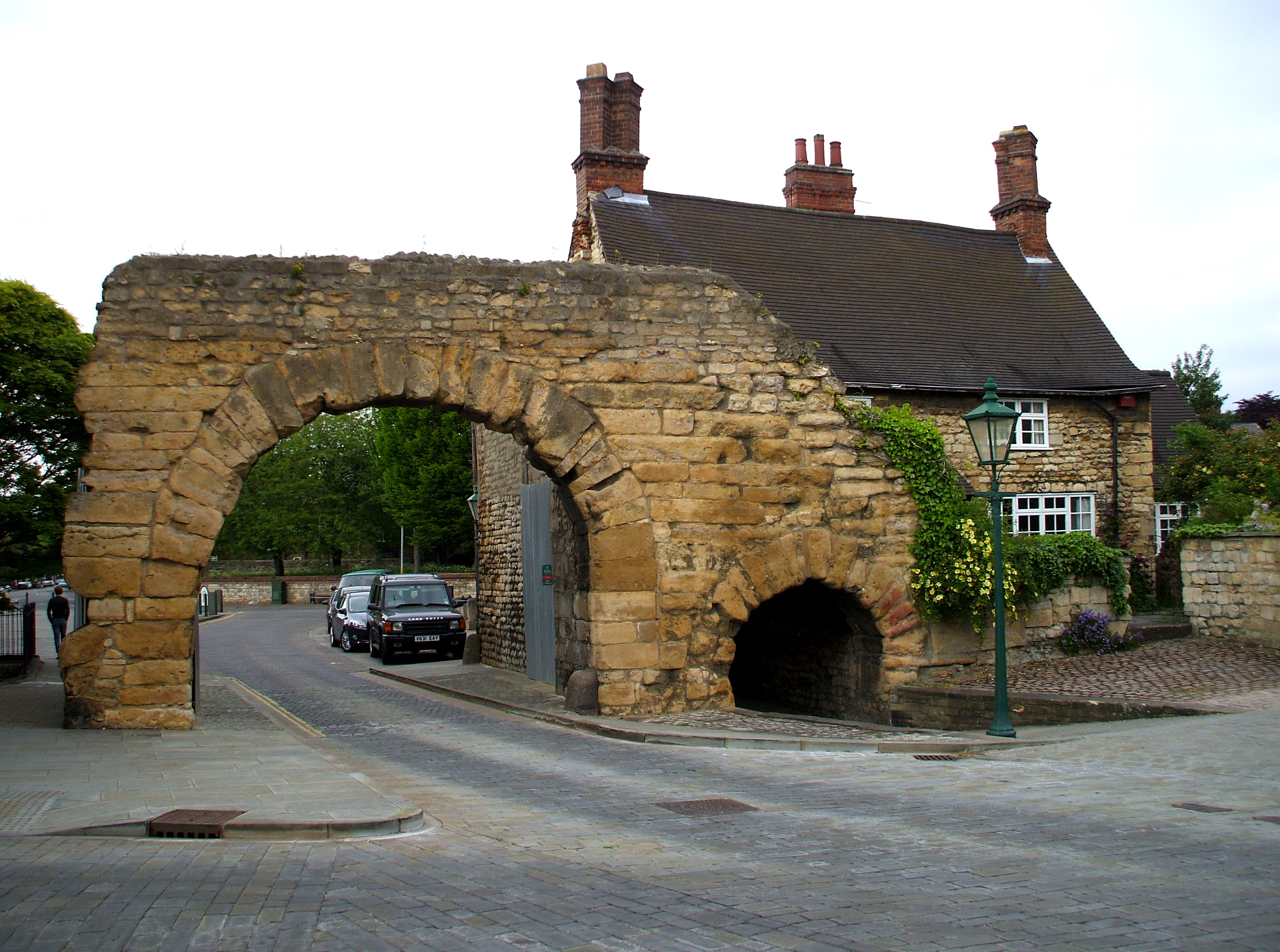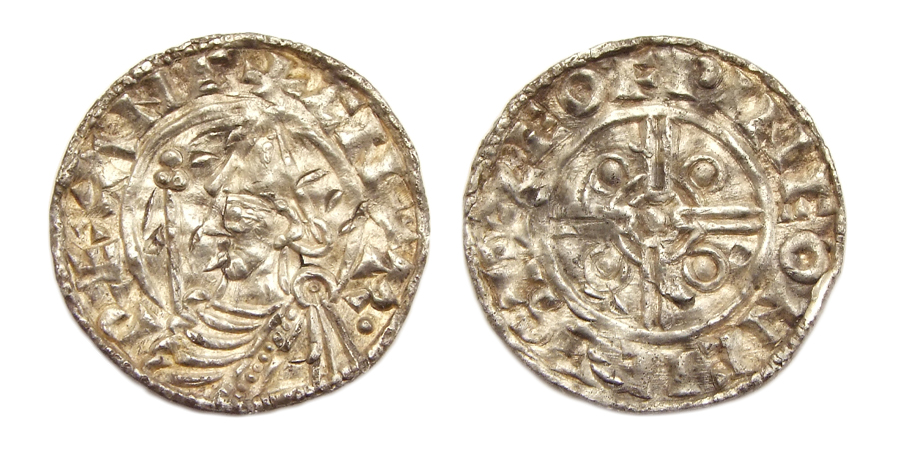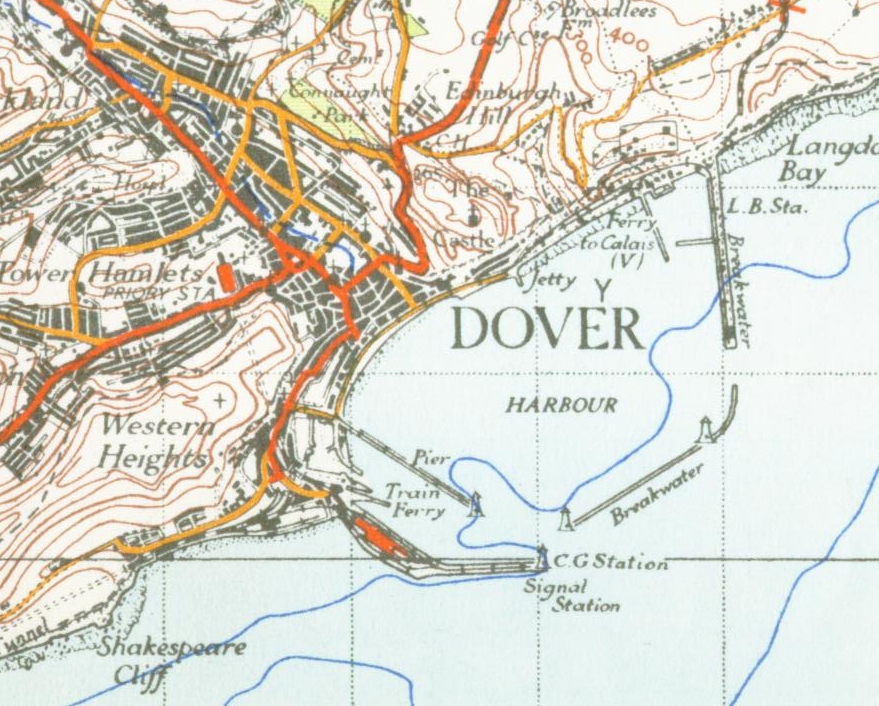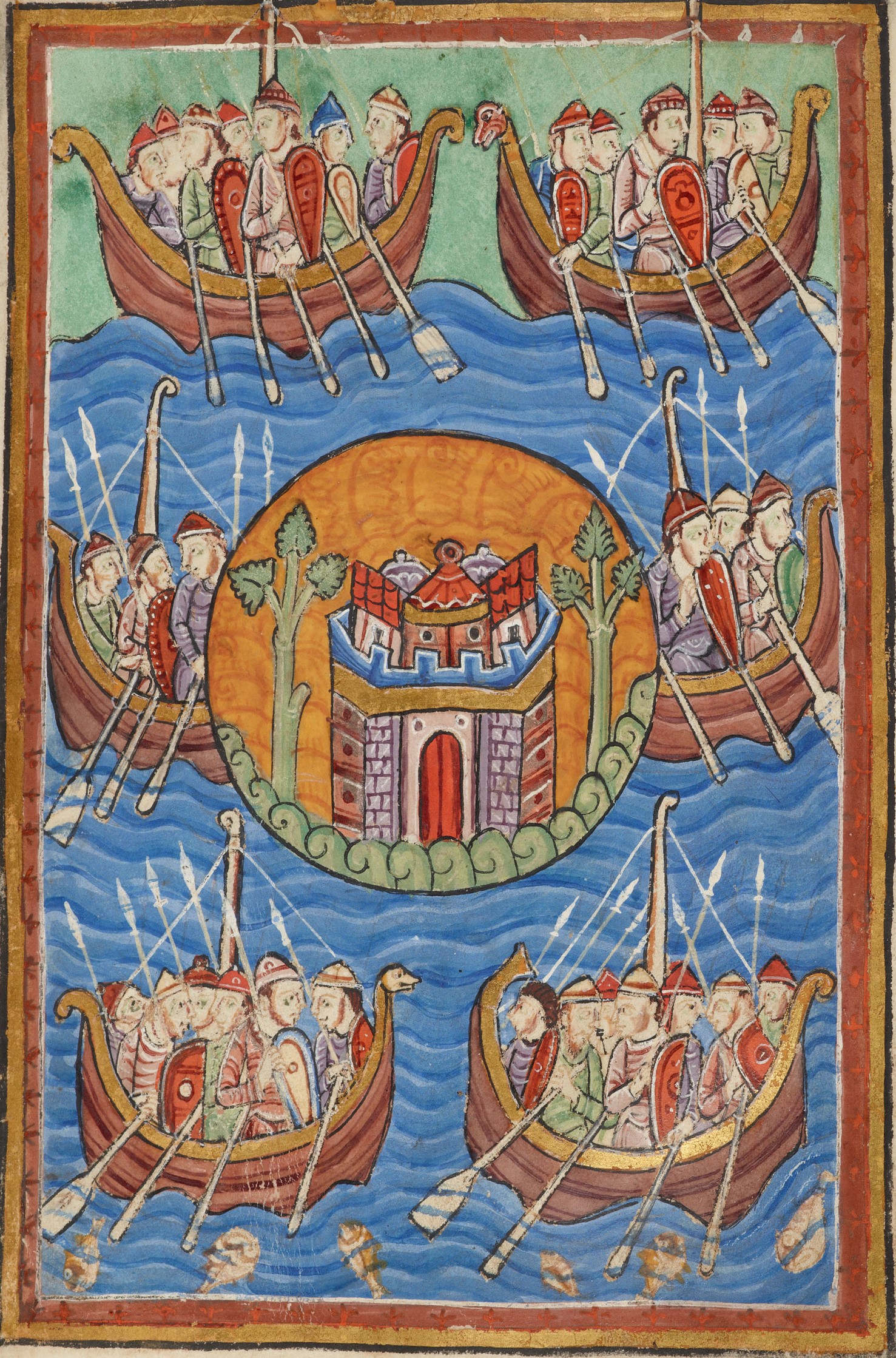|
Roman Roads In Britannia
Roman roads in Roman Britain, Britannia were initially designed for military use, created by the Roman army during the nearly four centuries (AD 43–410) that Britannia was a Roman Province, province of the Roman Empire. It is estimated that about of paved trunk roads (surfaced roads running between two towns or cities) were constructed and maintained throughout the province. Most of the known network was complete by 180. The primary function of the network was to allow rapid movement of troops and military supplies, but it subsequently provided vital infrastructure for commerce, trade and the transportation of goods. A considerable number of Roman roads remained in daily use as core trunk roads for centuries after the end of Roman rule in Britain in 410. Some routes are now part of the Great Britain road numbering scheme, UK's national road network. Others have been lost or are of archeological and historical interest only. After the Romans departed, systematic const ... [...More Info...] [...Related Items...] OR: [Wikipedia] [Google] [Baidu] |
Roman
Roman or Romans most often refers to: *Rome, the capital city of Italy *Ancient Rome, Roman civilization from 8th century BC to 5th century AD *Roman people, the people of Roman civilization *Epistle to the Romans, shortened to Romans, a letter written by Paul, found in the New Testament of the Christian Bible * Ar-Rum (), the 30th sura of the Quran. Roman or Romans may also refer to: Arts and entertainment Music * Romans (band), a Japanese pop group * ''Roman'' (album), by Sound Horizon, 2006 * ''Roman'' (EP), by Teen Top, 2011 *" Roman (My Dear Boy)", a 2004 single by Morning Musume Film and television *Film Roman, an American animation studio * ''Roman'' (film), a 2006 American suspense-horror film * ''Romans'' (2013 film), an Indian Malayalam comedy film * ''Romans'' (2017 film), a British drama film * ''The Romans'' (''Doctor Who''), a serial in British TV series People * Roman (given name), a given name, including a list of people and fictional characters * Roman (surnam ... [...More Info...] [...Related Items...] OR: [Wikipedia] [Google] [Baidu] |
Road Surface
A road surface (British English) or pavement (North American English) is the durable surface material laid down on an area intended to sustain vehicular or foot traffic, such as a road or walkway. In the past, gravel road surfaces, macadam, hoggin, cobblestone and granite setts were extensively used, but these have mostly been replaced by asphalt or concrete laid on a compacted base course. Asphalt mixtures have been used in pavement construction since the beginning of the 20th century and are of two types: metalled (hard-surfaced) and unmetalled roads. Metalled roadways are made to sustain vehicular load and so are usually made on frequently used roads. Unmetalled roads, also known as gravel roads or dirt roads, are rough and can sustain less weight. Road surfaces are frequently marked to guide traffic. Today, permeable paving methods are beginning to be used for low-impact roadways and walkways to prevent flooding. Pavements are crucial to countries such as United St ... [...More Info...] [...Related Items...] OR: [Wikipedia] [Google] [Baidu] |
Lincoln, England
Lincoln () is a cathedral city and non-metropolitan district, district in Lincolnshire, England, of which it is the county town. In the 2021 Census, the city's district had a population of 103,813. The 2021 census gave the Lincoln Urban Area, urban area of Lincoln, including Bracebridge Heath, North Hykeham, South Hykeham and Waddington, Lincolnshire, Waddington, a recorded population of 127,540. Roman Britain, Roman ''Lindum Colonia'' developed from an Iron Age settlement of Celtic Britons, Britons on the River Witham, near the Fosse Way road. Over time its name was shortened to Lincoln, after successive settlements, including by Anglo-Saxons and Danes (tribe), Danes. Landmarks include Lincoln Cathedral (English Gothic architecture; for over 200 years the world's tallest building) and the 11th-century Norman architecture, Norman Lincoln Castle. The city hosts the University of Lincoln, Bishop Grosseteste University, Lincoln City F.C. and Lincoln United F.C. Lincoln is the large ... [...More Info...] [...Related Items...] OR: [Wikipedia] [Google] [Baidu] |
Colchester
Colchester ( ) is a city in northeastern Essex, England. It is the second-largest settlement in the county, with a population of 130,245 at the 2021 United Kingdom census, 2021 Census. The demonym is ''Colcestrian''. Colchester occupies the site of Camulodunum, the first Colonia (Roman), major city in Roman Britain and its first capital. Colchester therefore claims to be Britain's first city. It has been an important military base since the Roman Empire, Roman era, with Colchester Garrison currently housing the 16th Air Assault Brigade (United Kingdom), 16th Air Assault Brigade. On the River Colne, Essex, River Colne, Colchester is northeast of London. It is connected to London by the A12 road (England), A12 road and the Great Eastern Main Line railway. Colchester is less than from London Stansted Airport and from the port of Harwich. Attractions in and around the city include St Botolph's Priory, Colchester Zoo, and several art galleries. Colchester Castle was constructe ... [...More Info...] [...Related Items...] OR: [Wikipedia] [Google] [Baidu] |
Richborough
Richborough () is a settlement north of Sandwich on the east coast of the county of Kent, England. Richborough lies close to the Isle of Thanet. The population of the settlement is included in the civil parish of Ash. Although now some distance from the sea, Richborough stood at the southern end of the Wantsum Channel from prehistory to the early medieval period. The channel provided a safe searoute from the continent to the Thames estuary and separated the Isle of Thanet from the mainland. The channel has now silted up, but prior to this, Richborough was an important natural harbour and was the landing place of the Roman invasion of Britain in AD 43. Until October 2008 there was uncertainty whether this was the site of the Claudian invasion of Britain; two ditches at the site which have been dated to the Roman period were interpreted as defensive structures; however, some archaeologists had favoured the theory that the landing took place in the vicinity of modern-day Chic ... [...More Info...] [...Related Items...] OR: [Wikipedia] [Google] [Baidu] |
Chichester
Chichester ( ) is a City status in the United Kingdom, cathedral city and civil parish in the Chichester District, Chichester district of West Sussex, England.OS Explorer map 120: Chichester, South Harting and Selsey Scale: 1:25 000. Publisher:Ordnance Survey – Southampton B2 edition. Publishing Date:2009. It is the only city in West Sussex and is its county town. It was a Ancient Rome, Roman and Anglo-Saxon settlement and a major market town from those times through Norman dynasty, Norman and medieval times to the present day. It is the seat of the Church of England Diocese of Chichester and is home to a 12th-century cathedral. The city has two main watercourses: the Chichester Canal and the River Lavant, West Sussex, River Lavant. The Lavant, a Winterbourne (stream), winterbourne, runs to the south of the city walls; it is hidden mostly in culverts when close to the city centre. History Roman period There is no recorded evidence that Chichester was a settlement of any ... [...More Info...] [...Related Items...] OR: [Wikipedia] [Google] [Baidu] |
Julio-Claudian Dynasty
The Julio-Claudian dynasty comprised the first five Roman emperors: Augustus, Tiberius, Caligula, Claudius, and Nero. This line of emperors ruled the Roman Empire, from its formation (under Augustus, in 27 BC) until the last of the line, Emperor Nero, committed suicide (in AD 68). The name ''Julio-Claudian'' is a historiographical term, deriving from the two families composing the imperial dynasty: the Julii Caesares and Claudii Nerones. Nomenclature '' Julius'' and ''Claudius'' were two Roman family names; in classical Latin, they came second. Roman family names were inherited from father to son, but a Roman aristocrat could—either during his life or in his will—adopt an heir if he lacked a natural son. In accordance with Roman naming conventions, the adopted son would replace his original family name with the name of his adopted family. A famous example of this custom is Julius Caesar's adoption of his great-nephew, Gaius Octavius. Primogeniture is notably absent in ... [...More Info...] [...Related Items...] OR: [Wikipedia] [Google] [Baidu] |
Dover Castle, The Roman Lighthouse
Dover ( ) is a town and major ferry port in Kent, southeast England. It faces France across the Strait of Dover, the narrowest part of the English Channel at from Cap Gris Nez in France. It lies southeast of Canterbury and east of Maidstone. The town is the administrative centre of the Dover District and home of the Port of Dover. Archaeological finds have revealed that the area has always been a focus for peoples entering and leaving Britain. The name derives from the River Dour that flows through it. In recent times the town has undergone transformations with a high-speed rail link to London, new retail in town with St James' area opened in 2018, and a revamped promenade and beachfront. This followed in 2019, with a new 500m Pier to the west of the Harbour, and new Marina unveiled as part of a £330m investment in the area. It has also been a point of destination for many illegal migrant crossings. The Port of Dover provides much of the town's employment, as does tourism ... [...More Info...] [...Related Items...] OR: [Wikipedia] [Google] [Baidu] |
Anglo-Saxon Settlement Of Britain
The settlement of Great Britain by Germanic peoples from continental Europe led to the development of an Anglo-Saxons, Anglo-Saxon cultural identity and a shared Germanic language—Old English—whose closest known relative is Old Frisian, spoken on the other side of the North Sea. The first Germanic speakers to settle Britain permanently are likely to have been soldiers recruited by the Roman administration in the 4th century AD, or even earlier. In the early 5th century, during the end of Roman rule in Britain and the breakdown of the Roman economy, larger numbers arrived, and their impact upon local culture and politics increased. There is Historiography of the Anglo-Saxon settlement of Britain, ongoing debate about the scale, timing and nature of the Anglo-Saxon settlements and also about what happened to the existing populations of the regions where the migrants settled. The available evidence includes a small number of medieval texts which emphasize Saxons, Saxon settle ... [...More Info...] [...Related Items...] OR: [Wikipedia] [Google] [Baidu] |
Anglo-Saxons
The Anglo-Saxons, in some contexts simply called Saxons or the English, were a Cultural identity, cultural group who spoke Old English and inhabited much of what is now England and south-eastern Scotland in the Early Middle Ages. They traced their origins to Germanic peoples, Germanic settlers who became one of the most important cultural groups in Britain by the 5th century. The Anglo-Saxon period in Britain is considered to have started by about 450 and ended in 1066, with the Norman conquest of England, Norman Conquest. Although the details of Anglo-Saxon settlement of Britain, their early settlement and History of Anglo-Saxon England, political development are not clear, by the 8th century an Anglo-Saxon cultural identity which was generally called had developed out of the interaction of these settlers with the existing Romano-British culture. By 1066, most of the people of what is now England spoke Old English, and were considered English. Viking and Norman invasions chang ... [...More Info...] [...Related Items...] OR: [Wikipedia] [Google] [Baidu] |
Sub-Roman Britain
Sub-Roman Britain, also called post-Roman Britain or Dark Age Britain, is the period of late antiquity in Great Britain between the end of Roman rule and the founding of Anglo-Saxon kingdoms. The term was originally used to describe archaeological remains found in 5th- and 6th-century AD sites that hinted at the decay of locally made wares from a previous higher standard under the Roman Empire. It is now used to describe the period that began with the recall of Roman troops from Britannia to Gaul by Constantine III in 407 and ended with the Battle of Deorham in 577. This period has attracted a great deal of academic and popular debate, in part because of the lack of written records from the time. Meaning of terms The period of sub-Roman Britain traditionally covers the history of the parts of Britain that had been under Roman rule from the end of Roman imperial rule, traditionally dated to be in 410, to the arrival of Saint Augustine in 597. The date taken for the end ... [...More Info...] [...Related Items...] OR: [Wikipedia] [Google] [Baidu] |
End Of Roman Rule In Britain
The end of Roman rule in Britain occurred as the military forces of Roman Britain withdrew to defend or seize the Western Roman Empire's continental core, leaving behind an autonomous post-Roman Britain. In 383, the usurper Magnus Maximus withdrew troops from northern and western Britain, probably leaving local warlords in charge. In 407, the usurper Constantine III took the remaining mobile Roman soldiers to Gaul in response to the crossing of the Rhine, and external attacks surged. The Romano-British deposed Roman officials around 410, and government largely reverted to city level. That year Emperor Honorius refused an appeal from Britain for military assistance. The following decades saw the collapse of urban life and the Anglo-Saxon settlement of Britain. Chronology 383–388 In 383, the Roman general then assigned to Britain, Magnus Maximus, launched his successful bid for imperial power, crossing to Gaul with his troops. He killed the Western Roman Emperor Gratian an ... [...More Info...] [...Related Items...] OR: [Wikipedia] [Google] [Baidu] |










